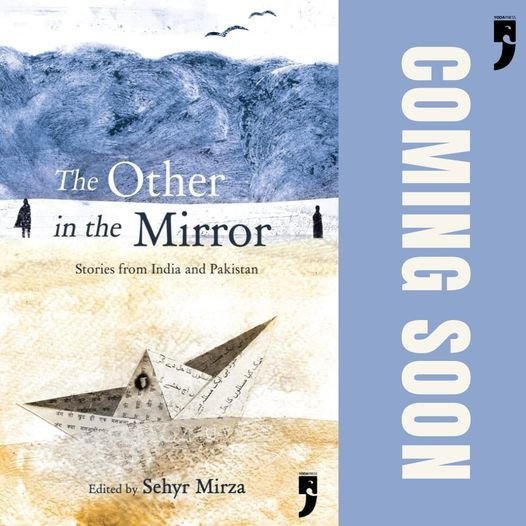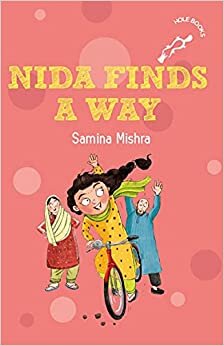
Writing With a Broken Tusk
Writing With a Broken Tusk began in 2006 as a blog about overlapping geographies, personal and real-world, and writing books for children. The blog name refers to the mythical pact made between the poet Vyaasa and the Hindu elephant headed god Ganesha who was his scribe during the composition of the Mahabharata. It also refers to my second published book, edited by the generous and brilliant Diantha Thorpe of Linnet Books/The Shoe String Press, published in 1996, acquired and republished by August House and still miraculously in print.
Since March 2024, Jen Breach (writer, VCFA graduate, and former student) has helped me manage guest posts and Process Talk pieces on this blog. They have lined up and conducted author/illustrator interviews and invited and coordinated guest posts. That support has helped me get through weeks when I’ve been in edit-copyedit-proofing mode, and it’s also introduced me to writers and books I might not have found otherwise. Our overlapping interests have led to posts for which I might not have had the time or attention-span. It’s the beauty of shared circles.


Process Talk: India’s History Through the Lens of After Midnight by Meghaa Gupta
We are all aftermath to the people who went before us, whether we knew them or not, whether they could even imagine us, whatever they might think of us and what we have become. We create for ourselves the story of who they were, and with our lives we write the next chapter. And because we’re in the middle of present-day events, we can’t see how they will build into history.
That is why, in the context of August 15, 2024, India’s 77th Independence Day, we take a longer view of India’s history through the lens of Meghaa Gupta’s nonfiction book, After Midnight: A History of Independent India (Puffin India, 2022) in which she seeks to “contextualize the challenges of the present with the past and make greater sense of the times we live in.”
I asked Meghaa how a book about the past can shed light on the present.

Setting: Interior Landscapes
There are interior landscapes among us badly in need of just the kind of rewilding that ecologists are calling for in the real world. It’s worth remembering that the Indian subcontinent, like the planet itself, is shared space.
A couple of years ago, right around the first uneasy rumbles of the Covid pandemic, I received a request for a short story from Sehyr Mirza, a Pakistani creative writer and journalist who was planning to edit an anthology of short stories for young readers. Here is the ethereal jacket image now created by Priya Kuriyan for that anthology, The Other in the Mirror: Stories From India and Pakistan, coming soon from Yoda Press in India and Folio Books in Pakistan!

Power and the Silencing of Activists
Mythology and performance play roles in Oonga, the novel version of a 2013 movie with the same name, which won a 2021 Neev Book Award. The real-life dystopia of corporate plunder and the clash of ideologies lie at the heart of the novel, its storyline delivered in fragments that echo the fracturing of the land, torn up and left bleeding by the mining company. Sometimes fiction can help disseminate the truth about real-world events.

Process Talk: Samina Mishra on the Agency of Children
Here’s my continuing conversation with writer and filmmaker Samina Mishra.

Process Talk: Samina Mishra on Being an Ally to Children
I first encountered Samina Mishra’s work when I read Hina in the Old City. It’s a picture book about the life of 10-year-old Hina who lives in the old walled city of Delhi and comes from a family of zardosi, traditional embroiderers. I was struck by the warmth of the writing and the careful attention to the small details of a child’s life. Years later, Samina’s still writing into the heart of reality with compassion and heart. I’m delighted to be talking to her about her latest books from Penguin India.
